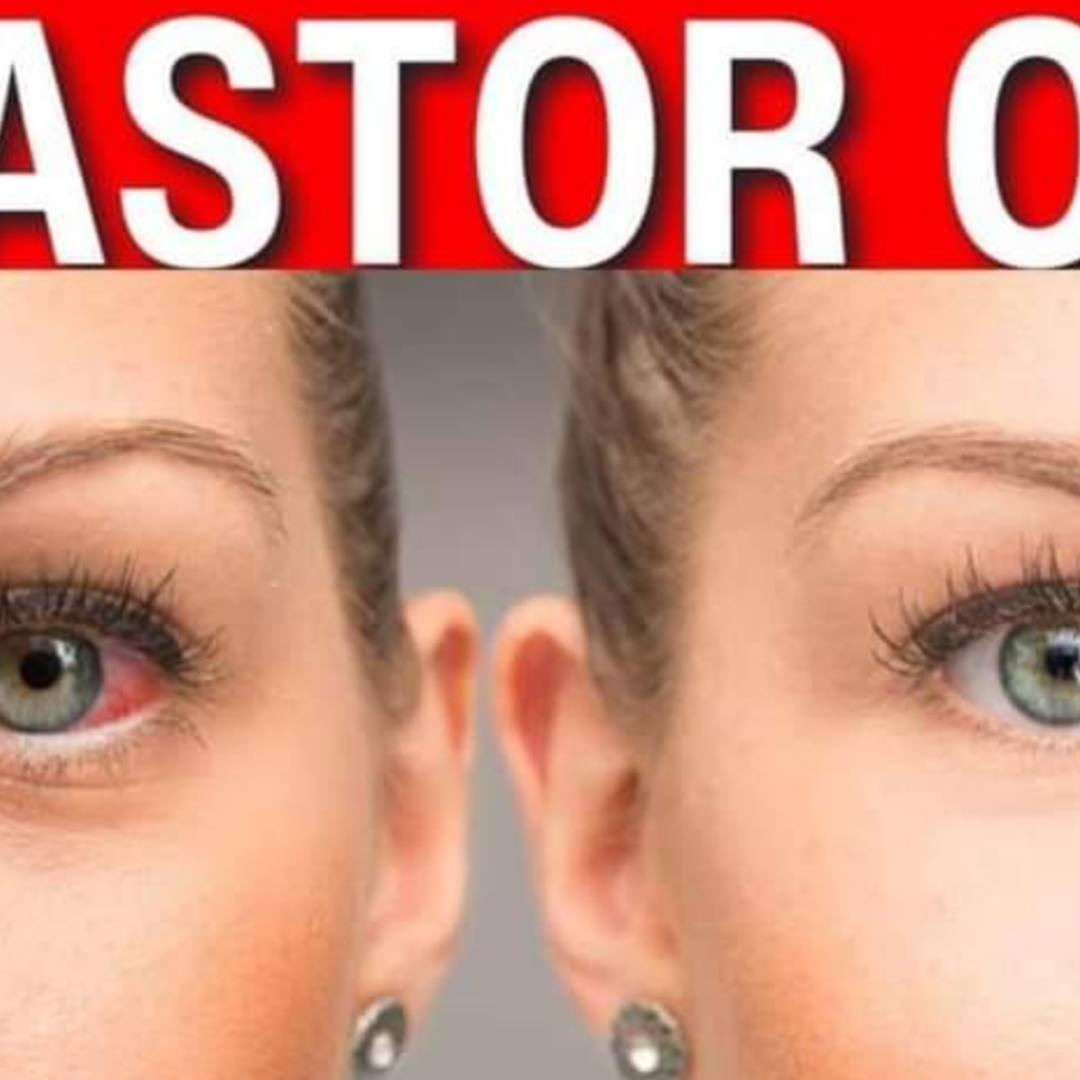Castor oil has been used for centuries as a natural remedy for a variety of health issues, including several common eye conditions. This thick, soothing oil can provide relief for dry eyes, reduce the appearance of eye bags, help manage eye floaters, and even support cataract care. Let’s delve into how castor oil can be beneficial for your eyes and how to use it safely.
SOOTHING DRY EYES
Dry eyes can be uncomfortable, causing itching, redness, and a gritty feeling. Castor oil is known for its excellent moisturizing properties. Applying just a small amount of pharmaceutical-grade castor oil to the eyes at bedtime can help lubricate the eyes, providing relief from dryness. The oil forms a barrier that helps retain moisture in the eyes longer than water-based lubricants.
REDUCING EYE BAGS
Eye bags can make you look tired, but castor oil can come to the rescue. Its anti-inflammatory properties help reduce swelling and puffiness under the eyes. Before bed, apply a tiny amount of castor oil to the under-eye area, gently patting it in with your ring finger. Over time, you might notice a reduction in puffiness and an improvement in the overall appearance of your eyes.
MANAGING EYE FLOATERS
Eye floaters are small shadows or shapes that appear in your field of vision, particularly when looking at a bright, clear background. While they are usually harmless, they can be annoying. Castor oil, with its antioxidant properties, may help reduce the presence of floaters. The oil helps soothe the eye and may reduce the opacity of floaters, making them less noticeable.
SUPPORTING CATARACT CARE
Cataracts cause clouding of the eye’s lens, leading to blurred vision. Some people have found that castor oil can help reduce the cloudiness associated with cataracts when used regularly over time. However, it is essential to consult with an eye care professional before using castor oil for this purpose, especially if surgery is being considered.
HOW TO USE CASTOR OIL SAFELY
To use castor oil for eye-related conditions, ensure you choose a pure, cold-pressed, hexane-free, pharmaceutical-grade castor oil. Apply the oil sparingly, and if you use droplets, use a clean dropper to place one drop in each eye at bedtime. Always test a small amount first to ensure there is no allergic reaction.
CONCLUSION
Castor oil can be a beneficial and natural approach to managing common eye issues. However, as with any remedy, it’s important to proceed with caution. Always ensure the product’s purity and consult with a healthcare provider to confirm that it’s safe for your specific health needs. With proper use, castor oil can be a soothing addition to your eye care routine.
Enjoy !
